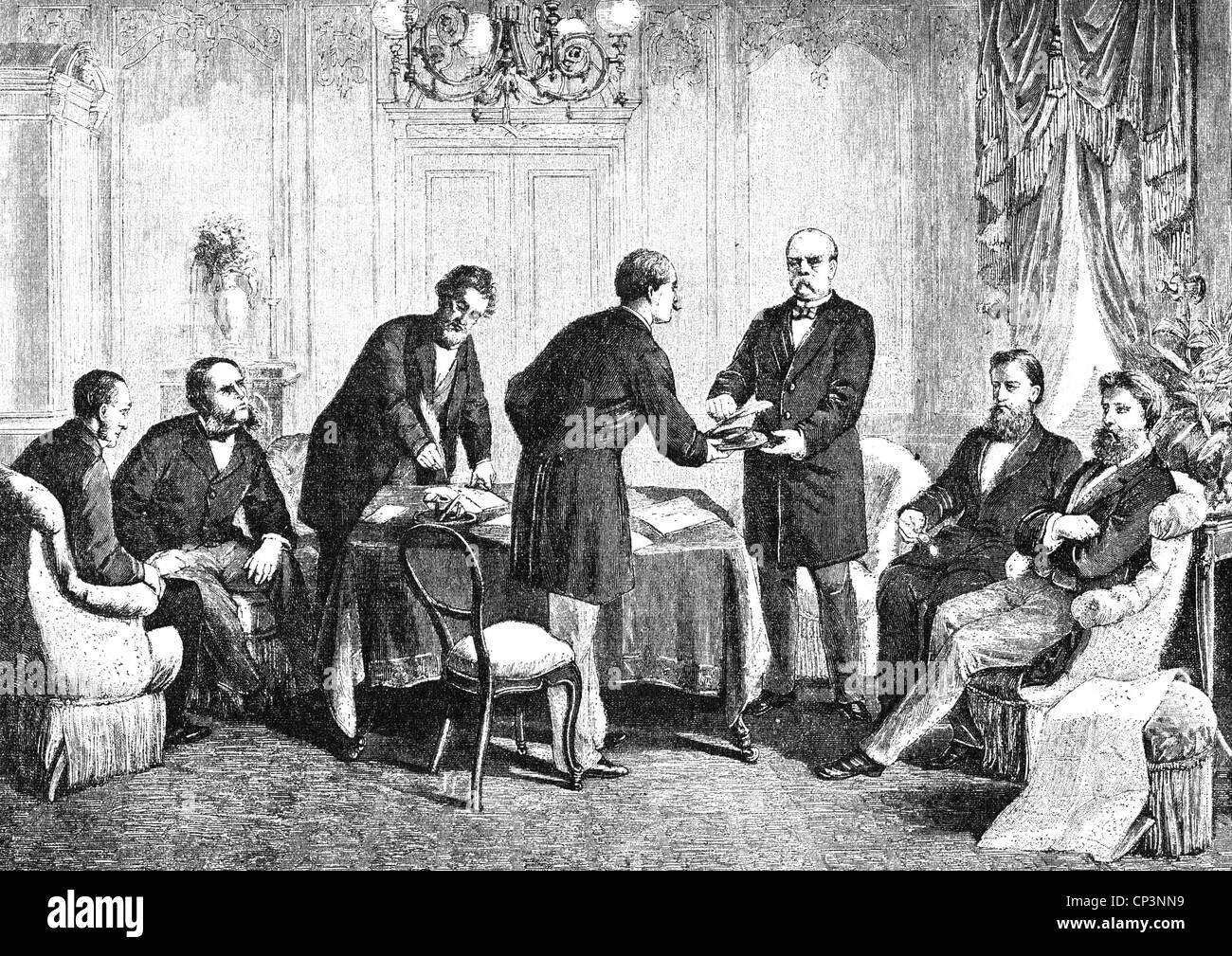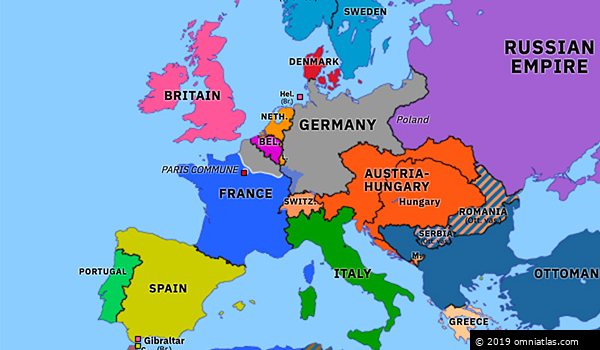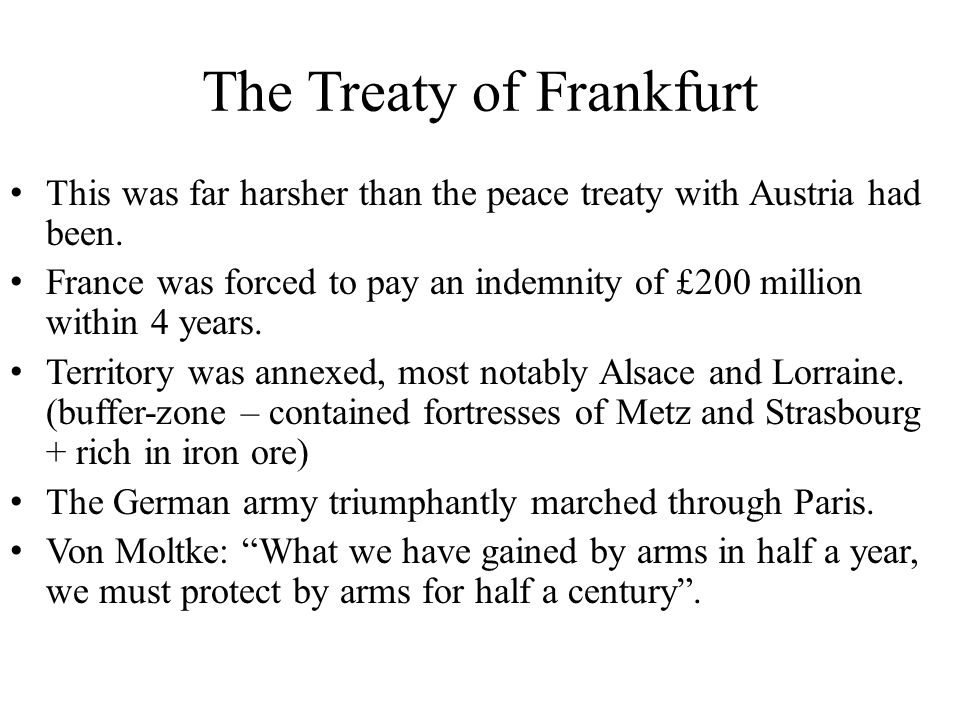

It would appear that France and Germany had different attitudes to their indemnities. Of course the Versailles indemnity was considerably larger than the Frankfurt indemnity, but the former included damage done to France and Belgium by the war, whereas in 1870-71 Germany had suffered no damage at all. Over 1920-23 they paid only between 4% and 7% of national income and defaulted twice (19). The French seem to have decided that the quickest way to ensure the Germans left was to pay the indemnity ASAP and over 1871-73 paid between 9% and 16% of national income in order to achieve this.īy contrast, the Germans seem to have taken the opposite attitude and were as tardy as possible after Versailles. The German Army continued to occupy some French territory until the indemnity was paid off.

(The gold in a Naploeon III gold Franc was worth about 90% of the gold in a Wilhelm II gold Mark)

(I have read elsewhere that it took France same 20 years to pay off these loans). The foreign exchange and gold used by France to make the transfer were obtained from two loans of apparently unprecedented magnitude, the first for 2.5 billion francs and the second for about 3.5 billion francs, of which roughly half the subscriptions were foreign and half French". The final payments was made in September 1873, six months ahead of schedule. The bulk of the indemnity was in fact paid in two installments: the first in 1872 and amounting to about 2 billion francs and the second in 1873 and amounting to about 3 billion francs. The Treaty of Frankfurt required France to transfer 500 million gold francs within 30 days after order was established in Paris, 1,000 million francs during 1871, 500 million francs by May 1 1872, and the final 3,000 million francs by March 1874. "The indemnity was widely considered unpayable, a device intended to weaken France and justify a long period of German military occupation." (A footnote here says "Bleichroder, Bismarck's personal banker, also thought the demand unpayable.") What was new was the magnitude of the indemnity." "Reparation payments were nothing new in 1871, and the Germans were widely expected to demand compensation for the war which France was generally blamed for starting, and which France decisively lost.

It sounds remarkably like Versailles in reverse: There is an article on the Treaty of Frankfurt, which ended the Franco-Prussian War in "Intertemporal Dimensions of International Economics" Vol.82, No.2. I posted the following elsewhere and thought it might be useful here in filling in some of the backround and precedents that helped form the terms of the Treaty of Versailles and explain why the French were far more hard-nosed about its imposition than were the British or Americans:


 0 kommentar(er)
0 kommentar(er)
